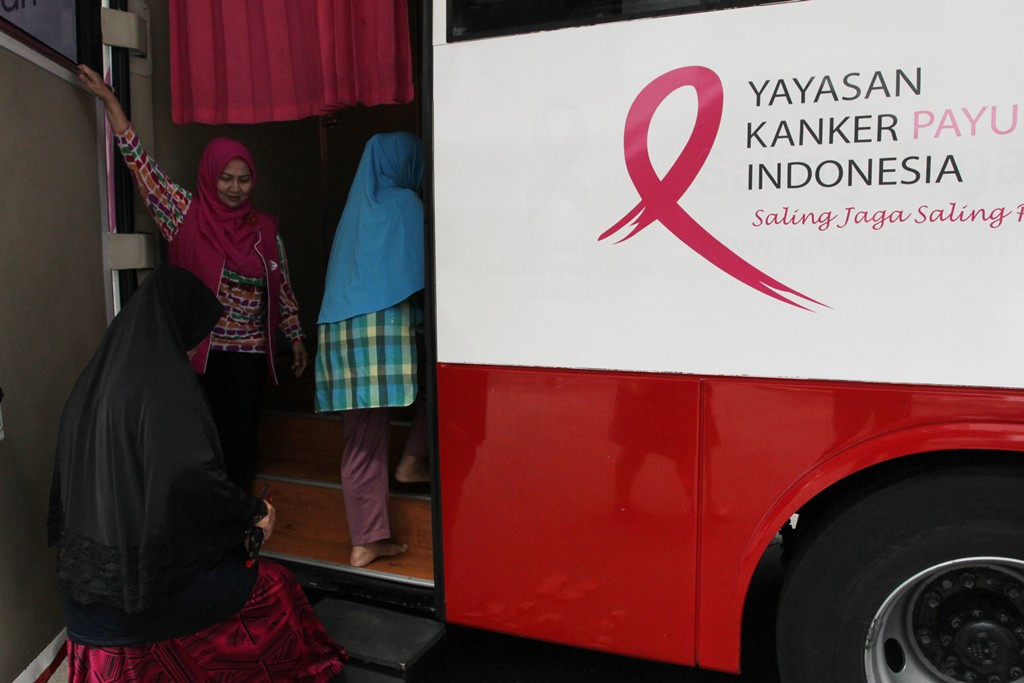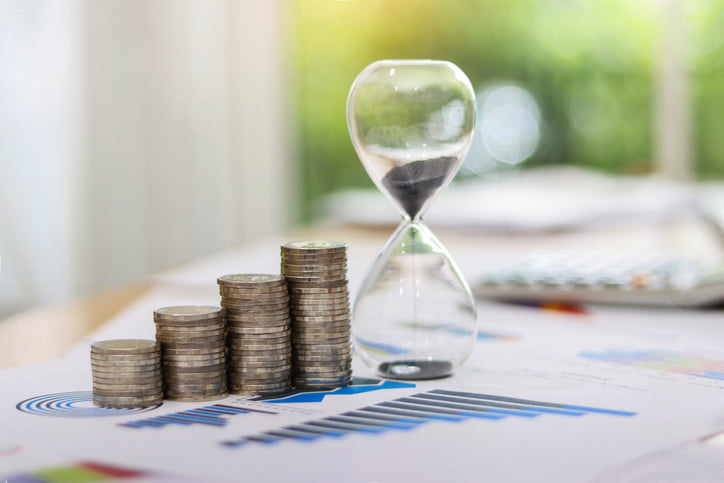TEMPO.CO, Jakarta – Indonesia rises to 54th from 92nd in the Recovery Index Covid-19 Nikki version. This position led Indonesia to be the best among Asean countries, shifting Singapore’s position.
Index created by Nikkei Asia it assesses countries and territories in infection management, vaccine rollout, and social mobility. The higher the rating, the closer the place to recovery – with lower infections, higher inoculation rates, and less stringent social distancing measures.
Several Southeast Asian countries have risen in the rankings with cases declining and vaccinations growing rapidly. Indonesia rose to rank 54 from rank 92, while Malaysia rose to rank 102 from rank 115.
China slipped from first to ninth in the latest edition of the Nikkei COVID-19 Recovery Index, as the world’s second-largest economy’s zero-tolerance approach to tackling the pandemic slows its return to a normal way of life.
China has been in the top spot since the index was first published in July, thanks to a low number of cases and a high vaccination rate. But its mobility score remains low – ranking 105th out of 121 jurisdictions in the September index.
According to official data, China has administered more than 2.2 billion doses of the Covid-19 vaccine, which has fully inoculated more than 70% of its population.
Nevertheless, the country maintains strict border controls and restrictions on mobility. It has locked down cities and rural areas whenever there is a confirmed case, limited the number of flights from overseas and imposed long quarantine periods of up to three or four weeks on arrivals.
International flights to China fell more than 90% in September compared to pre-pandemic levels, according to Cirium, an aviation data and analytics firm.
Philippines and Lower Laos
The last two places are still occupied by Asean member countries — the Philippines and Laos, while Vietnam is fourth from the bottom.
In the Philippines, daily new cases began to fall after hitting a second high on Sept. 29, dropping below 10,000 on Tuesday for the first time since August.
But less than 30% of the population is fully vaccinated, low even among ASEAN countries. The government last month trialled a “granular” lockdown in Metro Manila – the capital and economic hub – but stay-at-home orders for individuals under the age of 18 and over 65 remain in place.
The country is gradually easing business restrictions to revive the economy, allowing gyms to reopen and increasing the capacity of restaurants and salons for vaccinated individuals.
Vietnam, which was the worst performer in the previous two rankings, received a full score of 10 in the “new vaccine” subcategory, meaning it is among the top 10% of countries delivering the most daily doses of vaccine per capita.
Even though the national vaccination rate has just passed 10%, more than half of the population in Ho Chi Minh City has received the two shots – a promising development for a city that already accounts for three-quarters of the country’s Covid-19 deaths.
Singapore dropped 56 places to 70th, on par with the US and just behind the UK. The city-state is battling an exponential rise in infections but has not abandoned its plans to coexist with the virus, given that 98% of new patients are asymptomatic or have only mild symptoms.
But the pandemic continues to raise questions about the long-term viability of Singapore’s economic model.
Four Middle Eastern countries, including Bahrain and the United Arab Emirates, made the top 10 in the ranking. Hong Kong took the highest spot in Asia, at seventh. Japan jumped 58 places to 14th as cases declined in major cities.
Latest ranking methodology adapted to reflect progress vaccination Covid-19 worldwide.
– .

